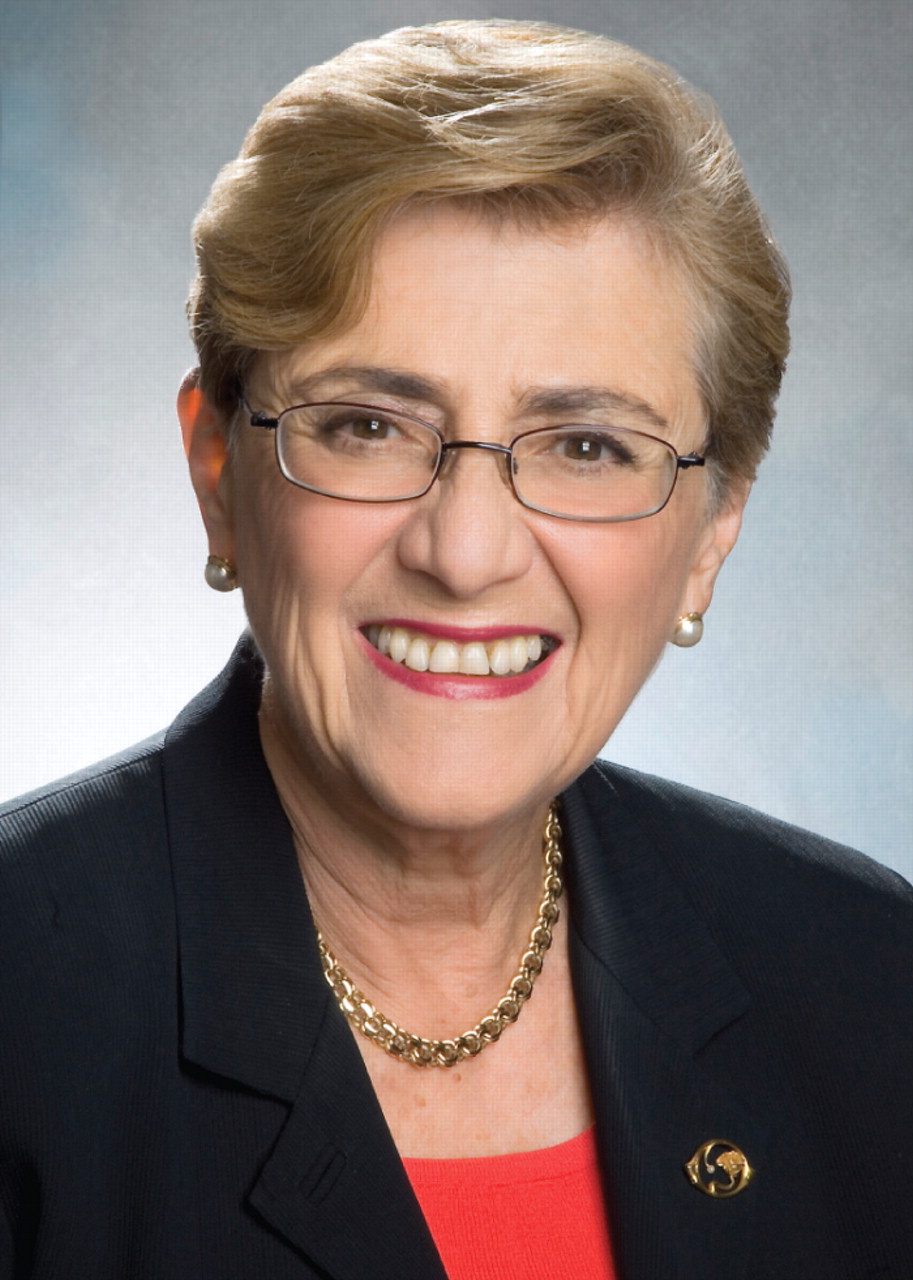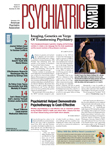On October 9, Carol Nadelson, M.D., a professor of psychiatry at Harvard Medical School and director of the Office for Women's Careers at Brigham and Women's Hospital, received the 10th annual Alma Dea Morani, M.D., Renaissance Woman Award at Harvard's Center for the History of Medicine. She is the second psychiatrist ever to receive the award.
The award honors a woman physician “who has provided a uniquely valuable influence in medicine and the sciences, who challenges the status quo, … and whose dedicated service has enhanced the practice and understanding of medicine and humanities in our lifetime.”
And indeed, Nadelson's achievements, especially in the domain of women and psychiatry, have been extensive and impressive. Or as Carolyn Robinowitz, M.D., a former APA president who nominated Nadelson for the award, put it: “Most people have no idea what challenges Carol has faced and overcome in her career, what ground she has broken, and the impact she has had nationally on so many young women psychiatrists.”
In 1961, she received her medical degree from the University of Rochester, where she was only one of two women in her class. Subsequently she worked as an instructor in psychiatry at Harvard Medical School, advancing to the rank of associate professor of psychiatry. In 1979, she became a professor of psychiatry at Tufts University School of Medicine and vice chair of psychiatry at New England Medical Center.
In 1984, she was elected the first woman president of APA. From 1986 to 2001, she was chief executive officer and editor in chief of American Psychiatric Press Inc. (APPI, now know as American Psychiatric Publishing Inc.).
She was appointed founding director of the Office for Women's Careers at Brigham and Women's Hospital in 1998. In this role she has had a tremendous influence at Harvard on the advancement and success of women physicians, especially of women psychiatrists.
Nadelson launched a new field of study—women's mental health—in collaboration with Malkah Notman, M.D. Her early publications included those on psychological responses to rape, pregnancy, adoption, and abortion. She and her colleagues identified rape as a risk factor for posttraumatic stress disorder. In addition, she was codirector of a longitudinal study that explored the stresses that medical students face.
She is the author of nearly 250 scientific publications, clinical contributions, book chapters, and tapes, and editor of 24 books.
Nadelson has been invited to the White House and the U.S. Congress, where she discussed mental health issues as well as women's roles in medicine and research.
In conjunction with Nadelson's receiving the award, Psychiatric News interviewed her to learn how she views her career, notably her time at APA and her work with women psychiatrists, and what she foresees for APA and for women psychiatrists.
Q. What were one or two of your greatest achievements as APA president?
A. One was opening APA to more diversity. Some other major achievements of my APA presidency were organizing a landmark conference on the future of education, with Carolyn Robinowitz, M.D.; working with other medical specialties; and addressing changing values in medicine, with medicine becoming more of a business. That was a tough—and will continue to be a tough—problem for us.
Q. What advice do you have for future APA presidents?
A. One piece of advice is to work more actively with primary care physicians to provide mental health care to patients. Another is to bring the subject of mental health more to the forefront in the debate over changing the American health care system. I think it needs to be addressed through APA's government relations and public affairs offices and via better communication with our colleagues. It needs to receive attention not only from APA, but from other medical specialties. We also need to focus on what APA is accomplishing. I think our members sometimes view us as focusing too much on structure and not enough on accomplishments.
Q. Can you comment on the years when you headed APPI and what you think APPI's future will be when its current director, Ron McMillen, retires in 2010?
A. When I started with APPI it was very, very small. You can see what it has grown into—the largest psychiatric publisher in the world. I am very proud of that. However, it was quite a challenge, and I think it is still a challenge. The book-publishing industry is changing so much, and APPI is going to have to change with it—for instance, we have to look at how the electronic market will work. The person who takes over from Ron will have a major challenge and needs to come with a lot of experience.
Q. It has been 25 years since you were elected the first woman president of APA, and APA will have its eighth woman president next year. What is your reaction to that?
A. I think it's wonderful and important. I think psychiatry leads the way among medical specialties in having women involved in the executive process. However, I'd like to see more women psychiatrists in specific areas of APA leadership—the district branches and Assembly—and in academia and research.


